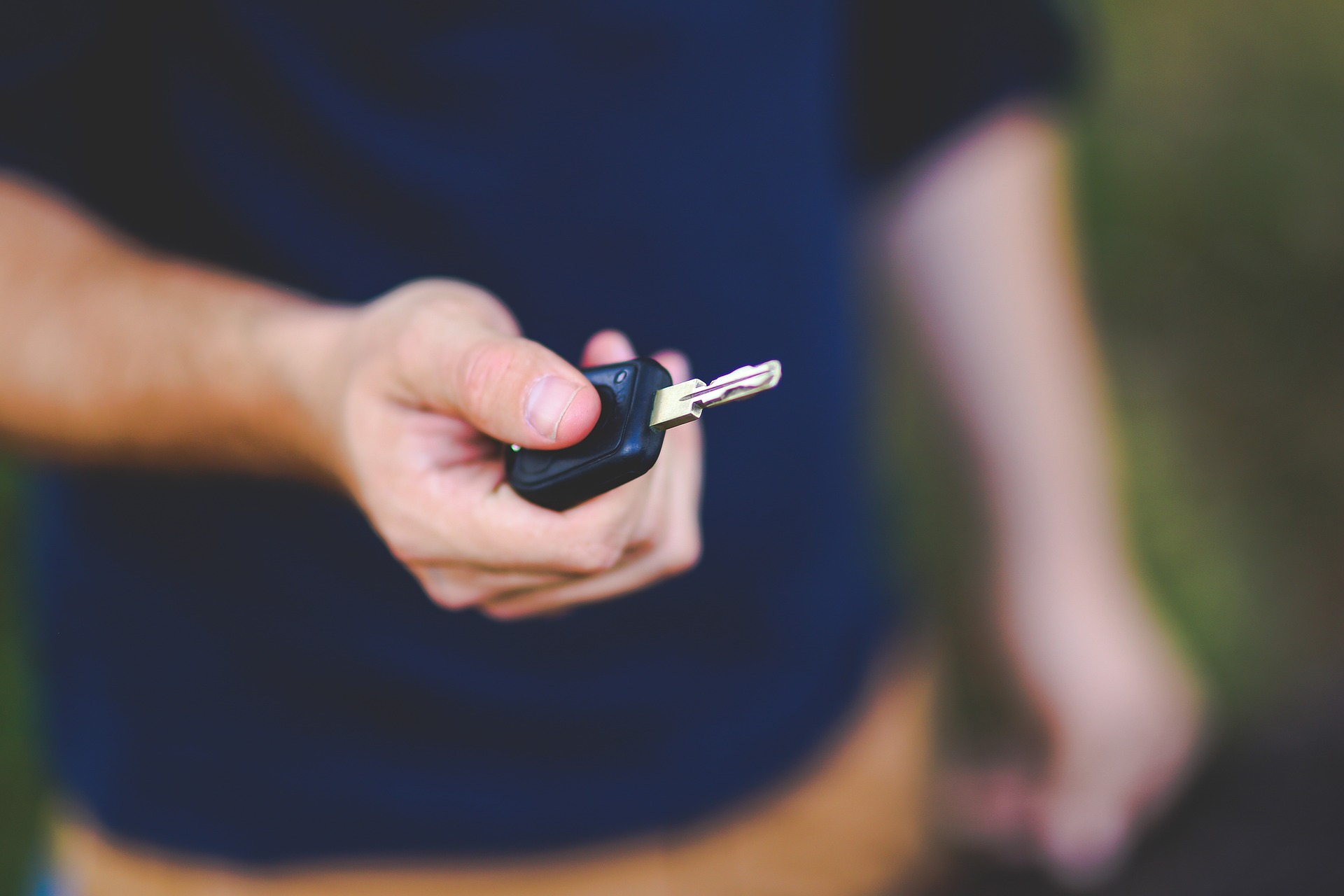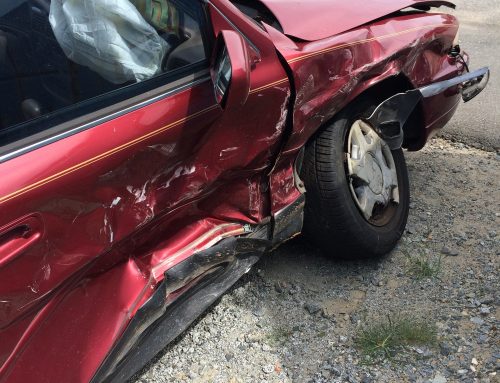Car accidents are complicated, but things can get even more so if you are not the one driving your vehicle at the time of the accident. Loaning out your car to someone who needs it can be extremely generous, but does it bring with it any additional risks or concerns? Does letting someone else borrow your car leave you liable if they rack up a large medical bill or lawsuit? Today, we are writing about accidents involving borrowed cars to ease your concerns and answer any lingering questions.
The short answer is that there are some situations where you, as the owner of the vehicle, might be liable for damages or medical bills, especially if the person you are loaning your car to does not have car insurance. With this in mind, letting someone borrow your car should be something you thoroughly consider before agreeing. It could save you money, stress, and a relationship.
Starting at the beginning, the first thing that will be adjudicated is whether or not the driver had permission to use your car. If you gave them permission, no criminal elements are likely to spring up, making the situation much less complicated. The next thing that law enforcement will take a record of is who the driver is and what the state of their insurance is. The name on the registration or car insurance is irrelevant, and the driver of the vehicle will be primarily held liable if they were at fault in the accident. Your liability will mainly stem from negligence if you allow an uninsured, unlicensed, or underaged driver to operate the vehicle.
Florida law requires Personal Injury Protection Insurance of 10,000 dollars and Property Damage Liability Insurance of 10,000 dollars. Personal Injury Protection Insurance covers 80 percent of all necessary and reasonable medical expenses up to $10,000 resulting from a covered injury, no matter who caused the crash and who was driving at the time. As the vehicle involved in the collision, your insurance might be considered the primary coverage involved in the accident and will pay out first. As long as you do not loan out your vehicle regularly, lending it out to friends or family is not a crime, and your insurance will follow your car. Any additional costs could be covered by the driver’s insurance or paid out of pocket by the driver or yourself. This situation of paying out of pocket is more common if the driver does not have insurance.
Suppose the driver of the borrowed vehicle doesn’t have insurance. In that case, the car’s owner might be responsible for all additional costs, so it’s essential to consider carefully who you allow borrowing your vehicle. Florida residents have the ability to sue the at-fault driver as well as the owner of the vehicle. Depending on the situation, the other party might claim you were negligent by allowing an uninsured driver to drive your car.
There have been many messy cases involving loaned cars, uninsured drivers, and unpaid debts. Even if you and your friend/family member have insurance, the other party might sue to recoup damages not covered by the insurance. In this case, who pays? In this situation, if an uncooperative family member refuses to help with any financial hardships despite being the cause, you might need to consider legal action.
It can be challenging to file a claim against a friend or family member, but it may be necessary. Call the professional personal injury lawyers at Probinsky & Cole if you need assistance or advice. We have offices in Sarasota, Brandon, and Orlando – and we are here to help.








